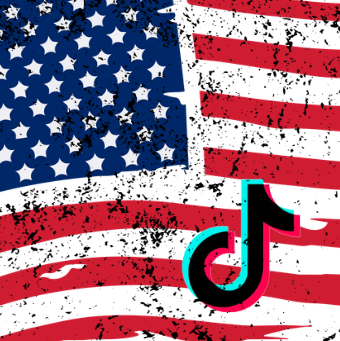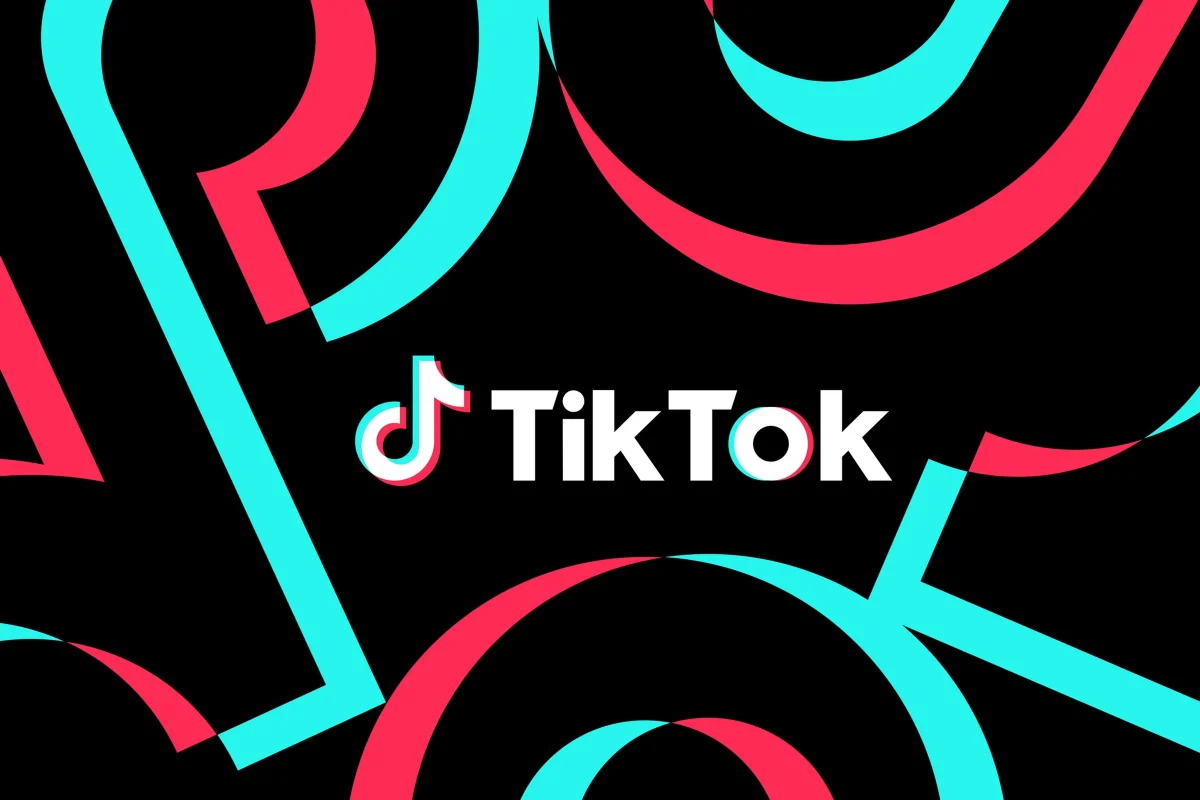Teenagers across America could lose access to TikTok within six months if a bill that seeks to force its Beijing-based parent company ByteDance to sell its stake is signed into law. The thought of this app vanishing has left many students worried and saddened.
The House overwhelmingly passed a measure on March 13th that gives ByteDance a choice: Sell TikTok within six months, or lose access to app stores and web-hosting services in the U.S.
TikTok is an extremely popular app among Americans, but especially among teenagers, who spend countless hours a day browsing the app. The news of its potential banishment has left many worried.
“I use TikTok every day to keep up with trends, news, and my favorite creators. It’s become a big part of my routine, and I can’t imagine not having it anymore,” remarked SAS senior Cindy Castellano.
“TikTok is my main source of entertainment. Whether I’m bored, stressed, or just need a laugh, it’s always there for me. The thought of it being banned is terrifying – what will I do with all that empty time?” SAS junior Emma Cabreras worriedly expressed.
TikTok isn’t just a hobby or a source of entertainment for some teenagers, it is also an outlet to explore various passions and foster creativity.
“TikTok is where I discovered my passion for cooking. I love sharing recipes and seeing others’ creations. It’s so unfair that it might disappear because of politics,” shared HEA sophomore Lily Ruiz.

SAS senior Jessica Lopez mentioned, “TikTok has helped me embrace my creativity. Whether it’s art or DIY projects, I’ve found a platform where I can express myself freely. It’s heartbreaking to think it might vanish.”
For other students, TikTok has served as a means to escape from the stresses of everyday life into an entertaining and comedic world.
SAS junior Alex Lopez remarked the impact TikTok has had in his love for comedy, saying that, “TikTok has reignited my passion for storytelling. Through short skits and comedic videos, I’m able to express myself in ways I never thought possible.”
“TikTok is like my escape from school stress. If it gets banned, I don’t know what I’ll do. It’s where I connect with friends and unwind after a long day,” expressed HEA freshman Angel Santos.
Amidst the debate over TikTok’s potential banishment, many express frustration at Congress’s swift action on this issue.
Catherina Valdez points out that, “The fact that Congress was able to pass a bill banning TikTok really quickly just shows that they are capable of passing other more important bills with efficiency, but they choose to stall.”
Lawmakers have long tried to regulate the platform because of its ties to China. They argue it threatens national security because the Chinese government could use TikTok to spy on Americans or weaponize it to covertly influence the U.S. public by amplifying or suppressing certain content.
Calls for Congressional priorities to shift away from TikTok and towards pressing matters grow louder.
“Instead of focusing on TikTok, Congress should focus on other issues that are a hundred times more important and impactful to the wellbeing of Americans and the rest of the world,” SAS freshman Giovanni Paredes remarked.
Other Huskies have brought into light how TikTok’s potential removal in the US could impact content creators.
“I think it’s important to not just consider the viewers’ perspective in this issue but also of the content creators. I can’t imagine how they must be feeling knowing that their job is in a limbo,” pointed out HEA junior Valeria Espinoza.
SAS sophomore Karla Ramirez shared a similar viewpoint, stating that, “For many TikTok creators, TikTok is their only job and source of income, so banning TikTok could mean potentially losing all of that.”
If the House bill passes the Senate, it would then go to the president and become law once he signs it.
The sale of TikTok faces its own challenges. The app is sure to have a multibillion-dollar price tag, which few companies or investors could afford. And any sale would require China’s sign-off. The Chinese government has said it opposes a forced sale.
TikTok’s disappearance from Americans’ smartphones remains undecided as of now.














